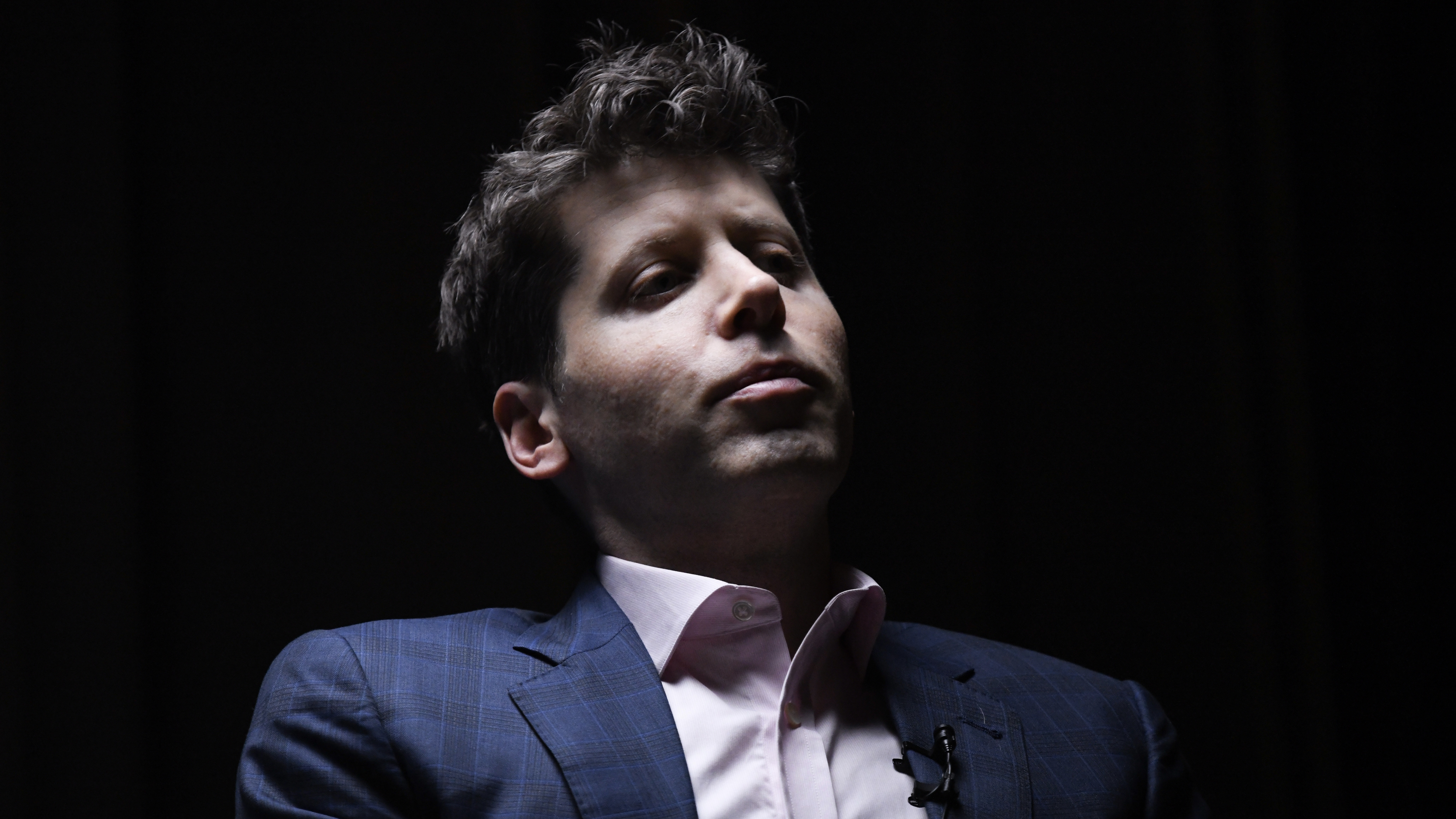Why OpenAI is fighting a losing battle with in-house chips
OpenAI could be set for a showdown with the likes of Nvidia with its in-house chips move
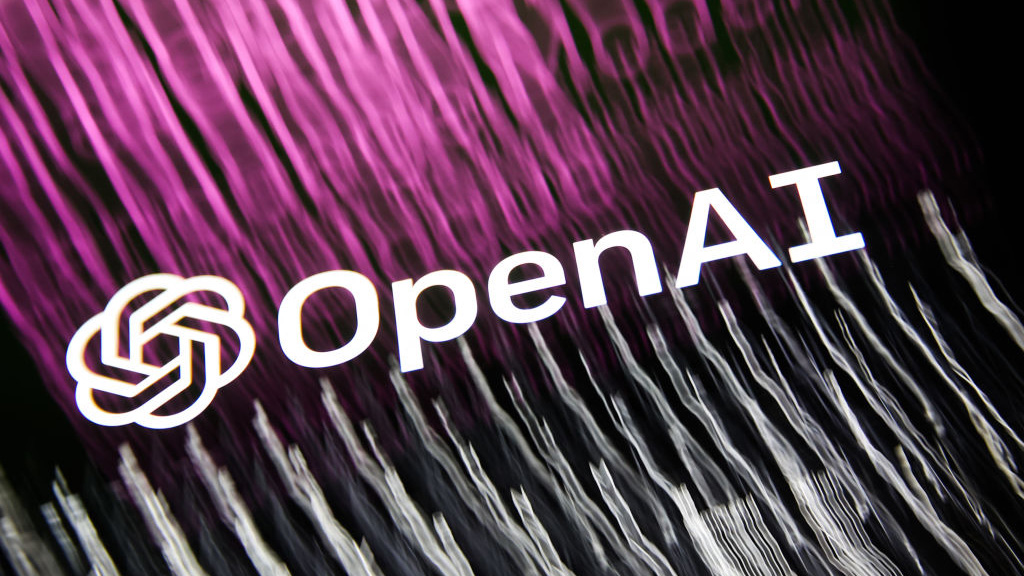

A move from OpenAI to develop in-house chips could present significant logistical and financial challenges for the generative AI firm, according to industry experts.
The firm has reportedly been assessing its options when it comes to chip supplies as part of a combined approach to support expansion plans and alleviate the pressure of global chip supply issues.
Reuters reported that the firm, known for the chatbot ChatGPT as well as generative AI models such as GPT-4 and DALL-E, has gone as far as considering an acquisition of an existing semiconductor company to jump-start production efforts.
Alex White, GM EMEA at AI firm SambaNova Systems, said that while OpenAI could benefit from decreased reliance on Nvidia if it had its own chips, manufacturing is an uphill process that takes many years.
“There’s a clear advantage to owning the whole stack from hardware to software - including the models that run on top. But designing and manufacturing chips doesn't happen overnight, it requires huge levels of expertise and resources that are in increasingly short supply.
“It took OpenAI over five years to develop GPT-4, which may be too long to wait for customers. I wouldn’t be surprised if hardware took a similar amount of time.”
OpenAI’s operational costs are extremely high, with CEO Sam Altman having once described them as “eye watering”. Although it is a leader in the rapidly growing generative AI market, it also has been forced to bear the rising costs of building generative AI platforms.
Get the ITPro daily newsletter
Sign up today and you will receive a free copy of our Future Focus 2025 report - the leading guidance on AI, cybersecurity and other IT challenges as per 700+ senior executives
The firm has released a number of premium tiers over the past year including ChatGPT Plus and its API for Businesses to generate funds. But inference on in-house chips could work to slash costs substantially and tap into AI chips revenue down the line.
“OpenAI is trying to reinvent itself as an enterprise business, and that requires the ability to be able to fine-tune or build bespoke large language models - and we all know that training models require vastly more compute power than running the models,” White added.
A number of big tech firms use Nvidia’s chips, which are among the most powerful on the market and have acquired a reputation as reliable hardware backing for AI systems.
In recent months, the firm has partnered with Dell on its managed AI platform, worked to integrate its Nvidia NeMo framework with Snowflake Data Cloud, and will collaborate with VMware on its private AI offering.
Microsoft used an array of Nvidia’s H100 chips to help OpenAI train its most recent AI models, and in 2022 both firms announced plans to create one of the world’s most powerful supercomputers, specifically for AI training.
RELATED RESOURCE

Discover the three pathways customers use to generate business value from AWS for their modern applications
DOWNLOAD FOR FREE
OpenAI is not the first big name in AI to mull a move to in-house silicon. In May, a Bloomberg report stated that Microsoft was looking into producing its own chip, codenamed ‘Athena’, to cut operational costs.
White noted that OpenAI could benefit from similar savings through its own chips, but that the road to getting there would be far from easy.
Rival chip designers have laid out plans to compete with Nvidia in the coming years, with Intel targeting AI hardware dominance by 2025 and Google claiming its AI chips are faster and more energy efficient.
ITPro has approached OpenAI for comment.

Rory Bathgate is Features and Multimedia Editor at ITPro, overseeing all in-depth content and case studies. He can also be found co-hosting the ITPro Podcast with Jane McCallion, swapping a keyboard for a microphone to discuss the latest learnings with thought leaders from across the tech sector.
In his free time, Rory enjoys photography, video editing, and good science fiction. After graduating from the University of Kent with a BA in English and American Literature, Rory undertook an MA in Eighteenth-Century Studies at King’s College London. He joined ITPro in 2022 as a graduate, following four years in student journalism. You can contact Rory at rory.bathgate@futurenet.com or on LinkedIn.
-
 Bigger salaries, more burnout: Is the CISO role in crisis?
Bigger salaries, more burnout: Is the CISO role in crisis?In-depth CISOs are more stressed than ever before – but why is this and what can be done?
By Kate O'Flaherty Published
-
 Cheap cyber crime kits can be bought on the dark web for less than $25
Cheap cyber crime kits can be bought on the dark web for less than $25News Research from NordVPN shows phishing kits are now widely available on the dark web and via messaging apps like Telegram, and are often selling for less than $25.
By Emma Woollacott Published
-
 OpenAI woos UK government amid consultation on AI training and copyright
OpenAI woos UK government amid consultation on AI training and copyrightNews OpenAI is fighting back against the UK government's proposals on how to handle AI training and copyright.
By Emma Woollacott Published
-
 DeepSeek and Anthropic have a long way to go to catch ChatGPT: OpenAI's flagship chatbot is still far and away the most popular AI tool in offices globally
DeepSeek and Anthropic have a long way to go to catch ChatGPT: OpenAI's flagship chatbot is still far and away the most popular AI tool in offices globallyNews ChatGPT remains the most popular AI tool among office workers globally, research shows, despite a rising number of competitor options available to users.
By Ross Kelly Published
-
 ‘DIY’ agent platforms are big tech’s latest gambit to drive AI adoption
‘DIY’ agent platforms are big tech’s latest gambit to drive AI adoptionAnalysis The rise of 'DIY' agentic AI development platforms could enable big tech providers to drive AI adoption rates.
By George Fitzmaurice Published
-
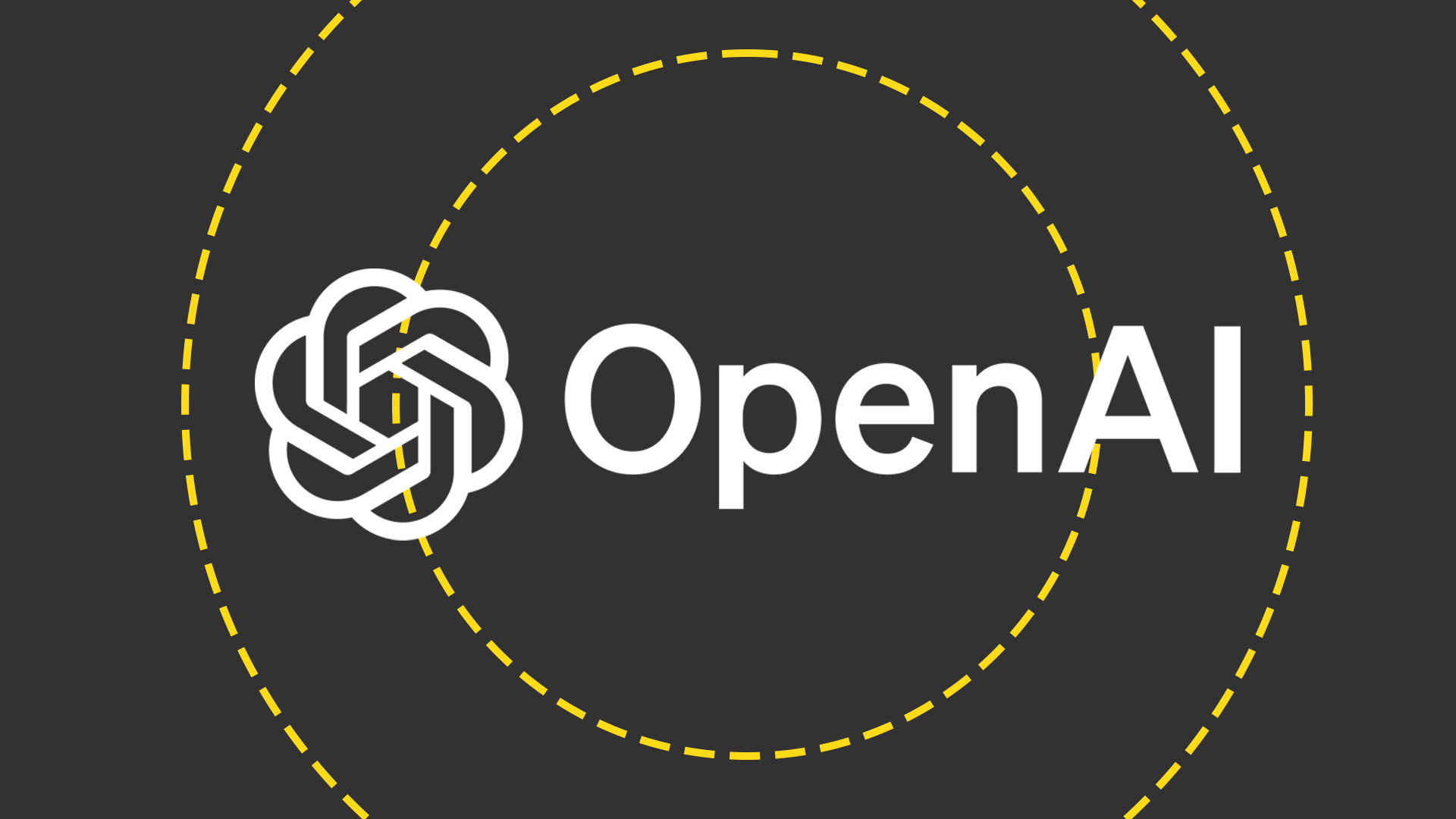 OpenAI wants to simplify how developers build AI agents
OpenAI wants to simplify how developers build AI agentsNews OpenAI is releasing a set of tools and APIs designed to simplify agentic AI development in enterprises, the firm has revealed.
By George Fitzmaurice Published
-
 Elon Musk’s $97 billion flustered OpenAI – now it’s introducing rules to ward off future interest
Elon Musk’s $97 billion flustered OpenAI – now it’s introducing rules to ward off future interestNews OpenAI is considering restructuring the board of its non-profit arm to ward off unwanted bids after Elon Musk offered $97.4bn for the company.
By Nicole Kobie Published
-
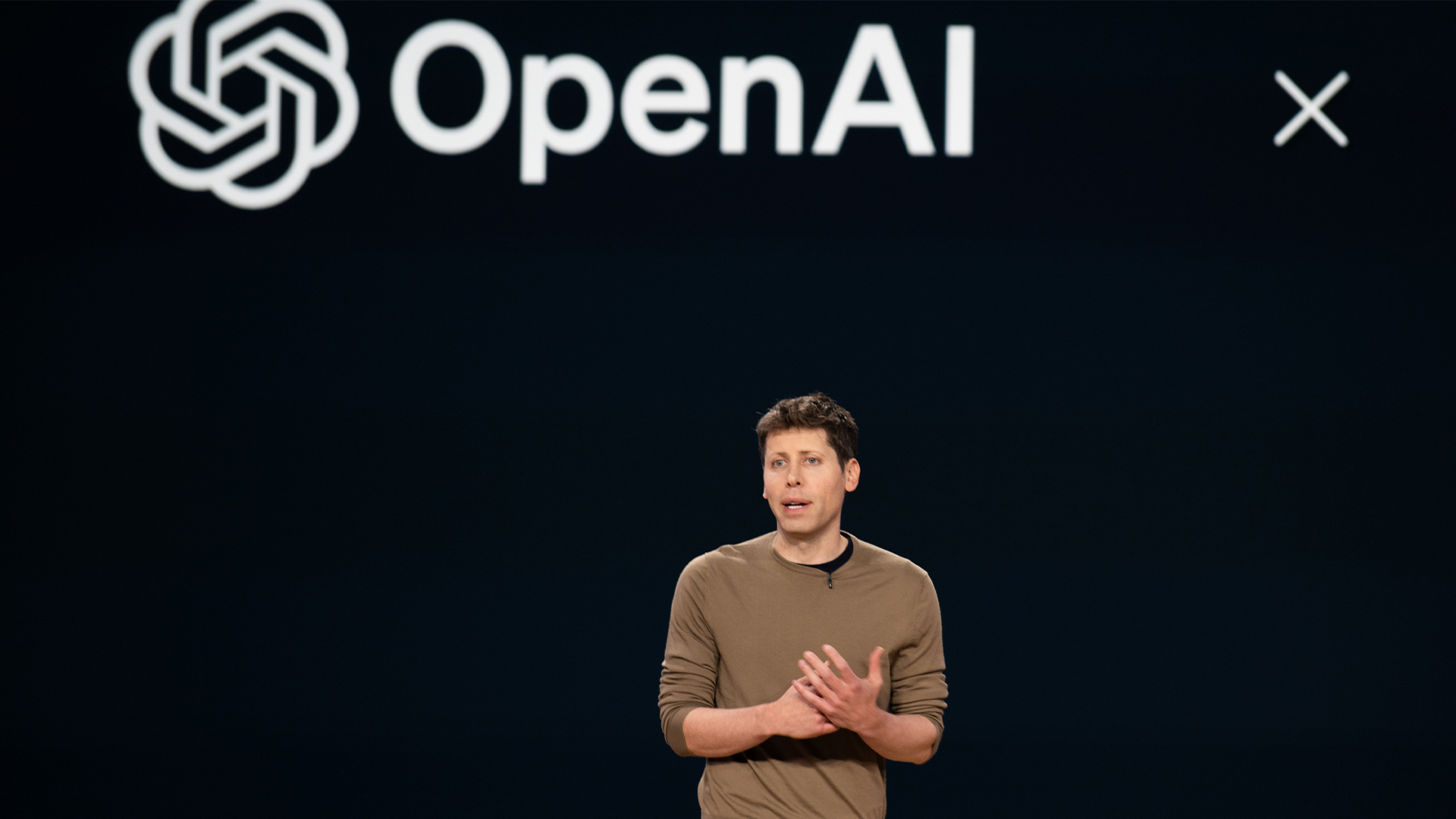 Sam Altman says ‘no thank you’ to Musk's $97bn bid for OpenAI
Sam Altman says ‘no thank you’ to Musk's $97bn bid for OpenAINews OpenAI has rejected a $97.4 billion buyout bid by a consortium led by Elon Musk.
By Nicole Kobie Published
-
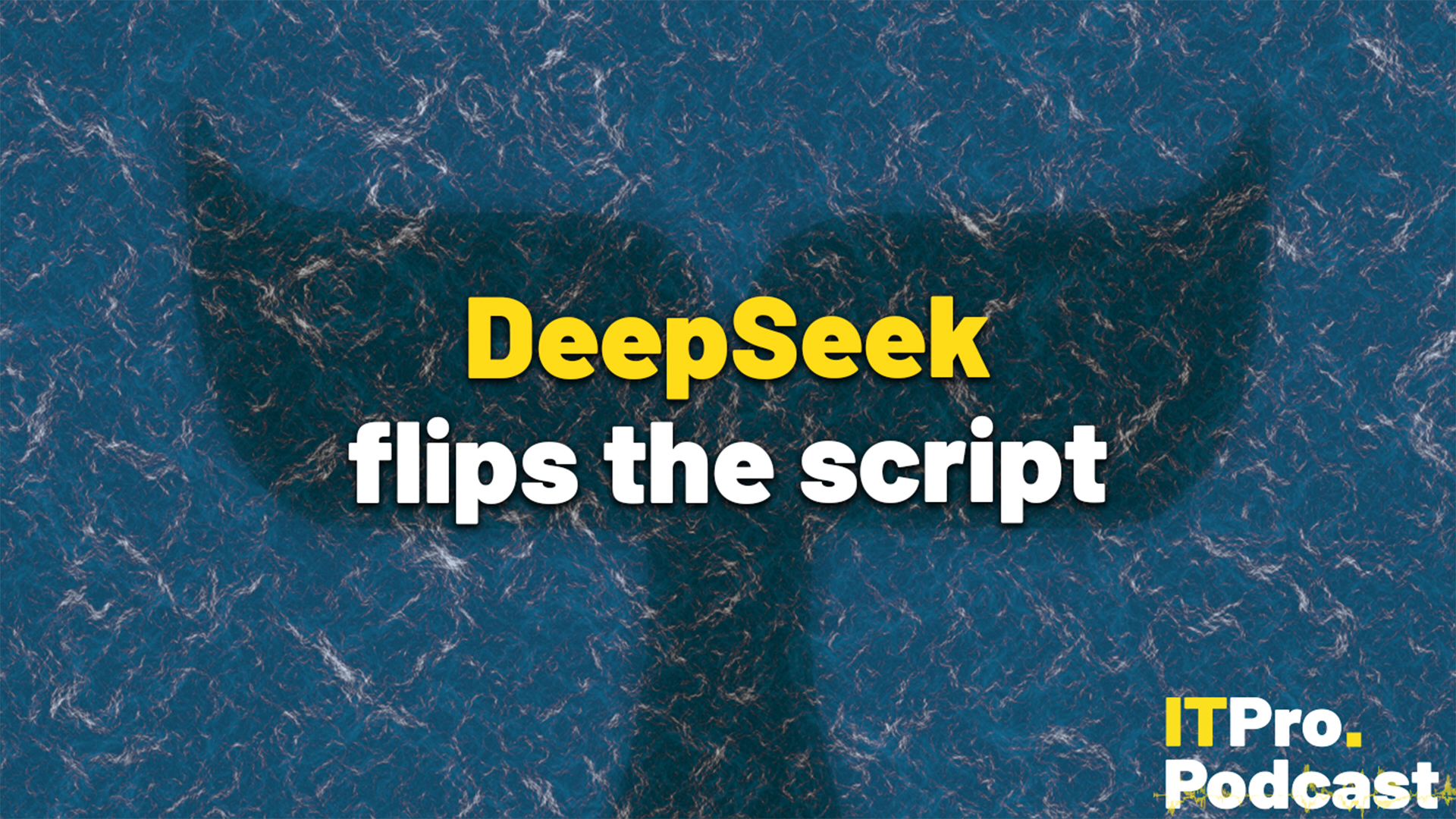 DeepSeek flips the script
DeepSeek flips the scriptITPro Podcast The Chinese startup's efficiency gains could undermine compute demands from the biggest names in tech
By Rory Bathgate Published
-
 SoftBank could take major stake in OpenAI
SoftBank could take major stake in OpenAINews Reports suggest the firm is planning to increase its stake in the ChatGPT maker
By Emma Woollacott Published
